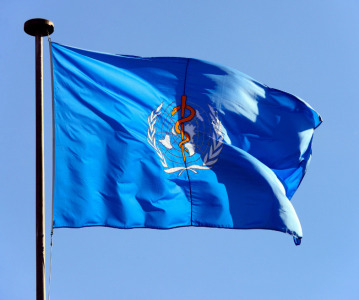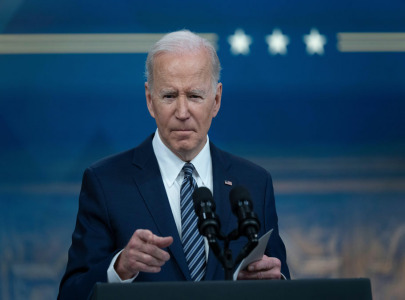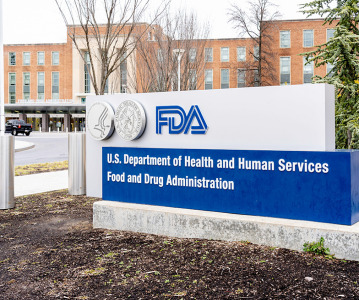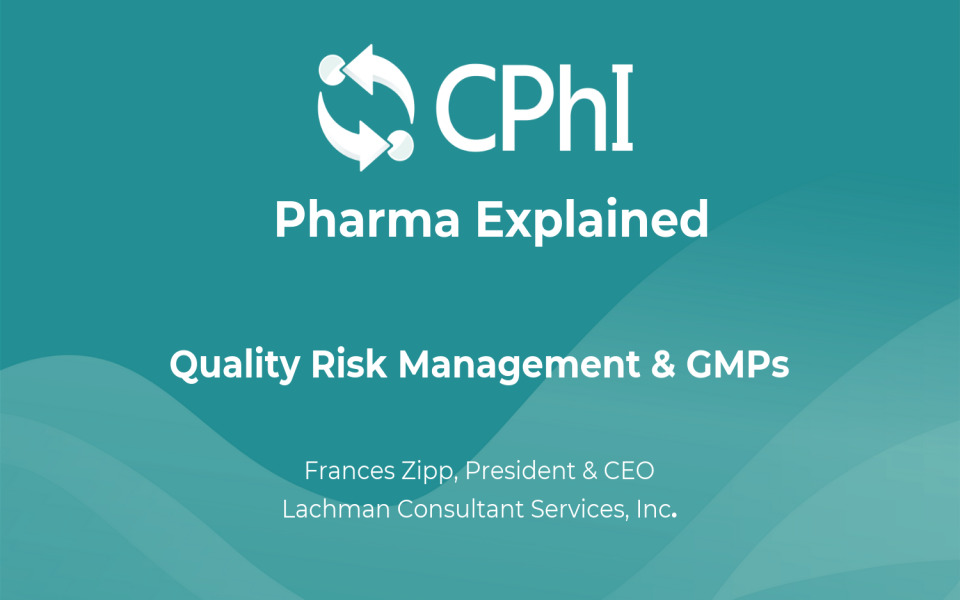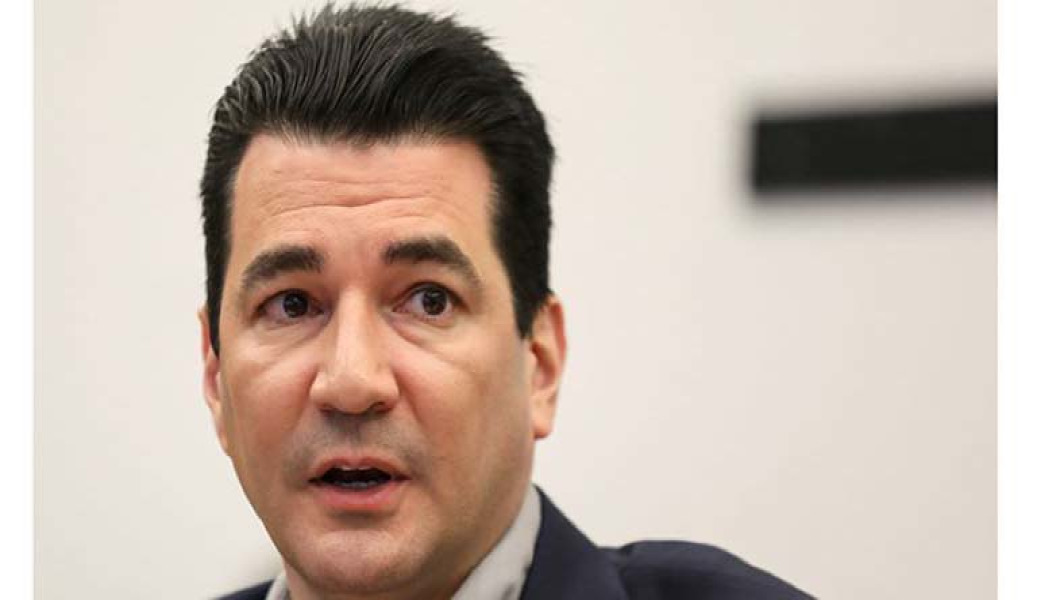FDA Approves First Therapy for High-Risk Neuroblastoma
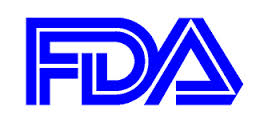
FDA has approved Unituxin (dinutuximab) as part of first-line therapy for pediatric patients with high-risk neuroblastoma, a type of cancer that most often occurs in young children.
Neuroblastoma is a rare cancer that forms from immature nerve cells. It usually begins in the adrenal glands but may also develop in the abdomen, chest or in nerve tissue near the spine. Neuroblastoma typically occurs in children younger than 5 years of age. According to the National Cancer Institute, neuroblastoma occurs in approximately one out of 100,000 children and is slightly more common in boys. There are an estimated 650 new cases of neuroblastoma diagnosed in the US each year. Patients with high-risk neuroblastoma have a 40–50% chance of long term survival despite aggressive therapy.
Unituxin is an antibody that binds to the surface of neuroblastoma cells. Unituxin is being approved for use as part of a multimodality regimen, including surgery, chemotherapy and radiation therapy for patients who achieved at least a partial response to prior first-line multiagent, multimodality therapy.
“Unituxin marks the first approval for a therapy aimed specifically for the treatment of patients with high-risk neuroblastoma,” said Richard Pazdur, director of the Office of Hematology and Oncology Products in the FDA’s Center for Drug Evaluation and Research. “Unituxin fulfills a critical need by providing a treatment option that prolongs survival in children with high-risk neuroblastoma.”
The FDA granted Unituxin priority review and orphan product designation. This is the second rare pediatric disease priority review voucher granted by the FDA since inception of the rare pediatric disease review voucher program, which is designed to encourage development of new therapies for prevention and treatment of certain rare pediatric diseases.
The safety and efficacy of Unituxin were evaluated in a clinical trial of 226 pediatric participants with high-risk neuroblastoma whose tumours shrunk or disappeared after treatment with multiple-drug chemotherapy and surgery followed by additional intensive chemotherapy and who subsequently received bone marrow transplantation support and radiation therapy. Participants were randomly assigned to receive either an oral retinoid drug, isotretinoin (RA), or Unituxin in combination with interleukin-2 and granulocyte-macrophage colony-stimulating factor, which are thought to enhance the activity of Unituxin by stimulating the immune system, and RA.
Three years after treatment assignment, 63% of participants receiving the Unituxin combination were alive and free of tumour growth or recurrence, compared to 46% of participants treated with RA alone. In an updated analysis of survival, 73% of participants who received the Unituxin combination were alive compared with 58% of those receiving RA alone.
Related News
-
News New WHO health emergency guidelines expect full transparency from Big Pharma
The WHO are proposing a new set of pandemic guidelines to set out how future global health crises should be handled. -
News Biden's $2 billion Biotech Boost
President Biden issues executive order to bolster U.S. biomanufacturing sector. -
News US FDA grants priority review for Eisai and Biogen's Alzheimer's drug
Decision by US drug regulator on lecanemab expected by early next year -
News Panaxia's medical cannabis facility in Malta gains EU-GMP standard
This second facility gives the company a significant power multiplier for export capacity and geographical reach -
News CPHI Discover: Remote excipient audits are on the increase, but we must do more to develop novel excipients
Ahead of the session, Value Added Excipients to Unlock the Potential of APIs, at CPHI Discover on Thursday 18th May – global pharma’s largest ever virtual gathering – we spoke with one of the speakers, Dr Iain Moor... -
News Pharma Explained: What is Quality Risk Management & cGMPs?
Need clarity on determining your QA from your QbD and your cGMPs? You’re not alone! In our new Pharma Explained series from CPHI, we bring you clear cut definitions from industry experts on a myriad of Pharma Terms, delivered in bitesize video presenta... -
News Former FDA Commissioner lays out roadmap for building out excess capacity to deal with pandemic situations
Dr Scott Gottlieb shares insights into COVID-19 vaccine development, the upcoming US election and pharma pricing at the CPHI Festival of Pharma -
News Successful MHRA regulatory inspection for Scottish CMO Symbiosis
Inspection conducted remotely using video-conferencing and an online private document sharing platform.
Position your company at the heart of the global Pharma industry with a CPHI Online membership
-
Your products and solutions visible to thousands of visitors within the largest Pharma marketplace
-
Generate high-quality, engaged leads for your business, all year round
-
Promote your business as the industry’s thought-leader by hosting your reports, brochures and videos within your profile
-
Your company’s profile boosted at all participating CPHI events
-
An easy-to-use platform with a detailed dashboard showing your leads and performance
